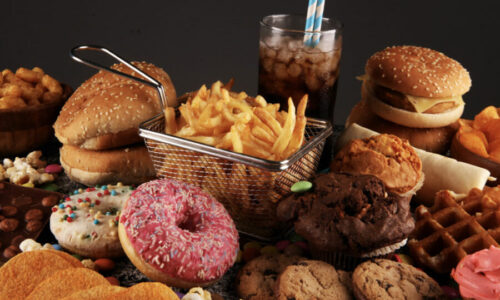
6 Foods To Avoid During Ongoing Treatment
Individuals develop various health problems during their lifetime. While some are minor, others are severe and require many days of treatment and therapy to resolve. Irrespective of the condition’s type and severity, doctors ask patients to make specific lifestyle changes to speed up recovery. One of these changes involves avoiding foods that may interfere with ongoing treatments. From milk to chocolate and soft-cooked eggs, here are six foods patients should exclude from their meals.
Grapefruit
While grapefruit is delicious, some may need to avoid it when on a treatment plan. This citric fruit may interfere with how the body metabolizes the treatment’s ingredients. For instance, it may increase the absorption of specific chemical elements into the bloodstream, damaging the liver and causing the muscles to break down. Grapefruit must especially be avoided by those undergoing treatments for high cholesterol and thyroid disease.
Milk
Another food one should avoid when following a treatment plan is milk. Dairy products are rich in calcium, which could interfere with iron-rich treatments. They could lead to the improper absorption of treatment components into the bloodstream. Besides milk, one should stay away from dairy products like cheese and yogurt.
Processed meats
Processed meats are high in sodium and other preservatives. In addition, they are rich in an amino acid called tyramine (also abundant in mature cheese and soy products). These ingredients could negatively affect the body, especially when using treatments for depression and Parkinson’s disease. If the compounds in these treatments mix with tyramine in the blood, it could increase blood pressure, leading to a range of symptoms, including chest pain, severe headaches, difficulty breathing, and dizziness.
Chocolates
Chocolates are full of sugars that could disrupt the healing effect of ongoing treatments. People with type 2 diabetes often require therapy to increase insulin in the body, a hormone that absorbs glucose and regulates blood sugar. When a person eats chocolates, the sugar derived from them could lead to insulin resistance. As a result, insulin therapy may have no positive impact on the patient’s health.
Green leafy vegetables
While we are constantly reminded of the many health benefits of green leafy vegetables, an individual might need to reduce their intake when receiving treatments to thin the blood and prevent blood clots. Leafy greens possess a high amount of vitamin K, which could reduce the treatment’s effect. To ensure blood thinning therapies work well, one must eat a consistent amount of leafy green vegetables to keep vitamin K levels balanced.
Soft-cooked eggs
Soft-cooked eggs have a series of health benefits for the body. However, someone being treated for cancer may need to avoid them. When battling this condition, an individual’s immune system could weaken. And since soft-cooked eggs carry the risk of foodborne illnesses, it is better to avoid them until the person recovers. Other foods that should be excluded from the meal plan are raw fish like sushi, unwashed fruits and vegetables, and unpasteurized cheeses and dairy products, as these, too, carry the risk of foodborne illnesses.